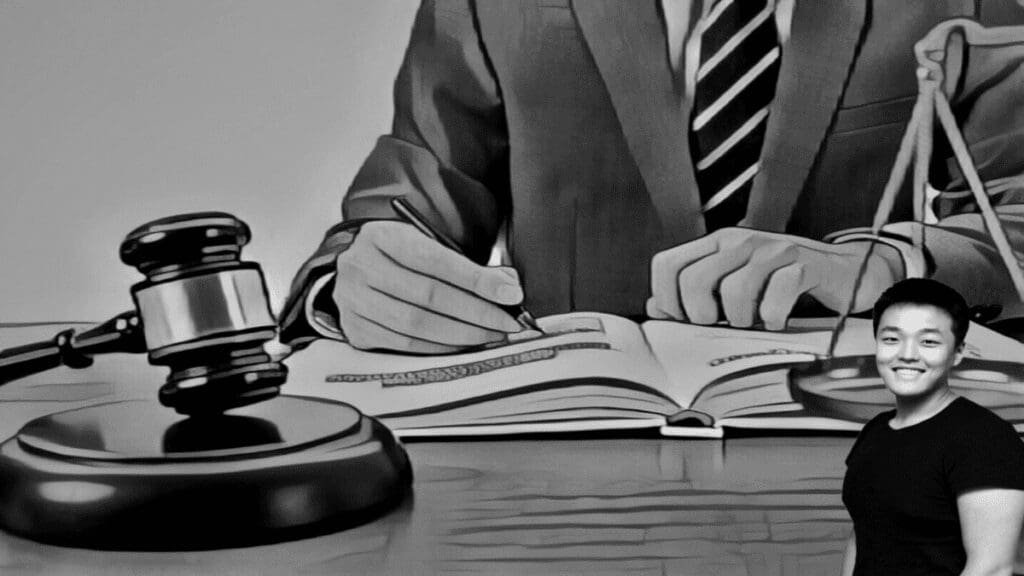Although the extradition of Kwon to South Korea makes more sense, South Korean prosecutor Dan Sunghan notes that the Terraform Labs co-founder might possibly be sentenced in the US as well.
Do Kwon, the co-founder and CEO of Terraform Labs, may face multiple prison terms in both South Korea and the United States, according to the chief South Korean prosecutor in charge of the investigation.
It is believed that Kwon is presently imprisoned in Montenegro on house arrest after having his bail request approved by a Montenegro court on June 5. In order to comply with legal requirements, Kwon and Han Chang-Joon, the chief financial officer of Terraform Labs, must both stay at Chang-Joon’s place of abode in Montenegro until an extradition decision is being made.
Kwon’s extradition to South Korea made more sense, according to Dan Sunghan, who spoke with Bloomberg, “when it comes to bringing justice or recovering the damages for victims.”
Sunghan claims that South Korea carried out the majority of the basic investigations into the collapse of the Terra ecosystem. Furthermore, he asserted that in comparison to their American counterparts, local authorities have access to greater evidence.
The investigation and trial should take place in South Korea since it’s the most effective approach to ensure justice.
Sunghan further emphasized that a number of Kwon’s accomplices have already been charged by South Korean authorities.
When asked if Kwon could have to stand trial in both the United States and South Korea, Sunghan responded that “such a scenario is an option.” He said that while an offender is still awaiting prosecution for part of the offences in one of the jurisdictions, they may be liable to numerous cross-border penalties.
Sunghan warned that if South Korean authorities don’t account for every crime that Kwon is accused of committing in the US, he might be extradited to the US for trial after serving a sentence in South Korea that might total more than 40 years.
The prosecutor anticipates that Kwon would serve “the longest sentence ever handed down in South Korea.”
Kwon and Terraform Labs allegedly shifted over 10,000 Bitcoin from their failing project, according to the SEC’s lawsuit. They later used a Swiss bank to convert some of these tokens into cash. The tokens were kept in a “cold wallet,” which is a secure method of storage not related to any trade of digital assets. According to the SEC, Kwon and Terraform Labs began periodically using this wallet in May of the prior year. The location of the wallet and the method employed to extract the money, however, are still unknown.
Kwon’s cold wallet, which is believed to contain 10,000 Bitcoin, cannot be located, despite extensive investigation.
According to Sunghan, this is the largest financial fraud or financial securities fraud case to have ever been committed in South Korea.
💥 JUST IN: #DoKwon has been released on bail once again after Montenegro 🇲🇪 court dismisses prosecution appeal pic.twitter.com/zOlpLqU17S
— Crypto Rand (@crypto_rand) June 5, 2023
On March 23, Kwon was detained by Montenegrin authorities after he was found seeking to leave the country using forged passports. Soon after, the governments of the United States and South Korea both asked for his extradition to their respective nations. Prosecutor Dan Sunghan of South Korea claims that the processing time for some extradition requests can reach nine months.
After the cryptocurrency exchange engaged in a legal dispute with the US Securities and Exchange Commission, South Korean authorities began looking into Binance’s acquisition agreements there.
According to a local newspaper, the Financial Service Committee of South Korea is investigating Binance’s purchase of the regional cryptocurrency trading site Gopax.
The FSC brought up Binance’s alleged securities law violations and requests from the SEC to freeze Binance during its assessment of the Gopax deal. It is currently challenging to approve the acquisition proposal due to US assets.
Read more:
South Korean Court Decides LUNA Is Not A Security In Terra Co-Founder’s Case

